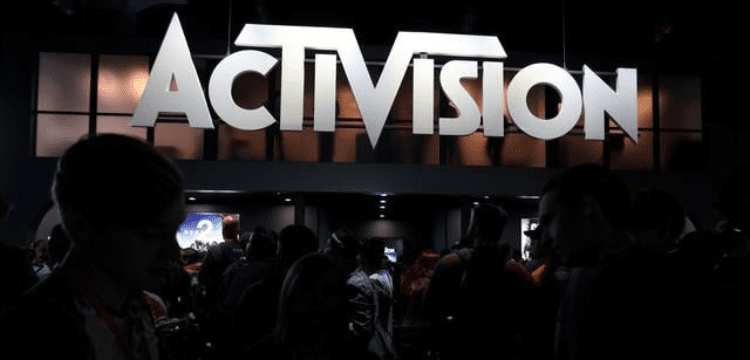[vc_row][vc_column][vc_column_text]Despite a British veto, Microsoft Corp received EU antitrust approval for its $69 billion acquisition of Activision on Monday, a huge boost that could persuade Chinese and South Korean regulators to follow suit.
However, the US software behemoth is still fighting for the world’s largest gaming sector takeover. It has until May 24 to file an appeal against a decision by the UK’s Competition and Markets Authority (CMA) to stop it. It could take months to get a final conclusion.
The US Federal Trade Commission’s action against the deal is also unresolved, despite Japan’s approval in March.
The European Commission ruled the deal was pro-competitive since Microsoft agreed to licence popular Activision games like “Call of Duty” to competing game streaming platforms, confirming a March report by Reuters.
Such licences are “practical and effective,” according to European Union antitrust director Margrethe Vestager.
“Actually, they significantly improve the condition for cloud game streaming compared to the current situation,” she noted, contradicting the UK argument that the pact will harm competition in that segment of the market.
Also Read: LG Display will provide Samsung with OLED TV panels.
In rejecting the agreement, the UK agency was viewed as flexing its muscles on the global regulatory arena for the first time since Brexit.
Should the transaction go through, Microsoft has negotiated licencing agreements with Nvidia, Nintendo, Ukraine’s Boosteroid, and Japan’s Ubitus to bring Activision games to their platforms.
“The European Commission has ordered Microsoft to automatically licence popular Activision Blizzard games to competing cloud gaming services.” This will be applicable globally, allowing millions of users to play these games on any device they choose,” stated Microsoft President Brad Smith.
At 1650 GMT, Activision’s stock was up 1.3%, while Microsoft’s was barely changed.
CLOUD GAMING MARKET GROWTH
Vestager stated that the Commission had a different view of how the game streaming business, which represented for only 1% of the total market last year, would evolve than UK regulators.
“They see this market developing faster than we would think,” she explained. “There is a bit of a paradox here, because we believe that the solutions we have implemented… will enable licencing to many, many more in the cloud gaming markets.”
According to the CMA in the United Kingdom, streaming is the fastest growing sector of gaming, whereas consoles are a mature market. According to the report, Microsoft already accounted for 60-70% of worldwide cloud gaming services and possessed additional trump cards, like Xbox, the dominating PC operating system Windows, and cloud provider Azure.
The CMA reiterated its decision on Monday. Microsoft has said that it will appeal the verdict to the Competition Appeal Tribunal, with a decision due in months.
According to Alex Haffner, a lawyer at London law firm Fladgate, the EU move will provide ammo to CMA opponents.
“Critics of the CMA’s stance, of which there have been many, will inevitably seize today’s decision as proving the point made that the UK’s regulatory regime is too rigid and stifles innovation,” he said.
“Microsoft and Activision’s attorneys will also use the decision to add weight to their appeal of the CMA’s decision.”[/vc_column_text][/vc_column][/vc_row]











